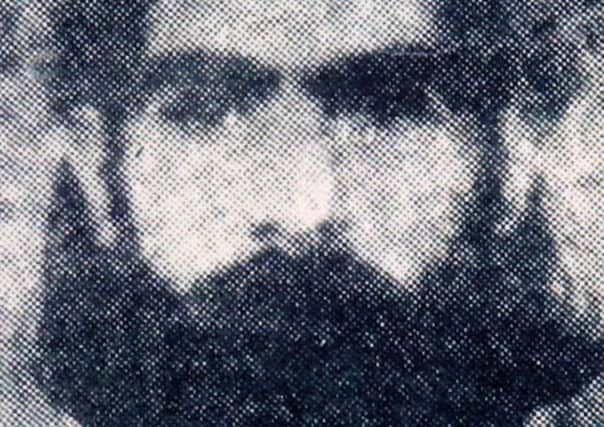Taliban leader Mullah Omar ‘dead for two years’


The Taleban could not be immediately reached on the government’s comments about Omar, who has been declared dead many times before.
Omar, the one-eyed secretive head of the Taleban and an important al-Qaeda ally, led a bloody insurgency against US-led forces after they toppled him from his rule in Afghanistan in 2001.
Advertisement
Hide AdAdvertisement
Hide AdZafar Hashemi, a deputy spokesman for Afghan president Ashraf Ghani, made the announcement at a hastily called news conference yesterday in the Afghan capital, Kabul.
“We are aware of the reports of the passing away of Mullah Omar, the Taleban leader,” Mr Hashemi said. “We are still in the process of checking those reports, and as soon as we get confirmation or verification, we will inform the Afghan people and the media.”
A Pakistani security official called the circling rumours “speculation” that were designed to disrupt the ongoing peace talks.
The rumours come two days before the next round of talks between the Afghan government and Taleban representatives which is due to be held in Pakistan.
A senior government official confirmed that the meeting will take place in the resort town of Murree, where the first round of talks was held on 7 July.
He said one woman, Sediqa Balhki, would be included in the Afghan delegation. Ms Balkhi is a member of the High Peace Council, the body that is charged with forging peace with the insurgents.
If Omar has died, it could lead to complications with the peace process as it removes a major figurehead for the insurgents, who until now have appeared to act collectively but are believed to be split on whether to continue the war or negotiate with Mr Ghani’s government.
Ending the war has been a main priority for Mr Ghani since he took office last year.
Advertisement
Hide AdAdvertisement
Hide Ad“Whether he is dead or alive is important because he is the collective figure for the Taliban,” said a Western diplomat with connections to the Taliban leadership.
“If he is dead, it would be much more difficult to get negotiations with the Taleban because there would be no collective figure to rally around and take collective responsibility for entering peace talks.”
Taleban insurgents have spread their war from the traditional southern and eastern heartlands bordering Pakistan to northern Afghanistan this year.
In recent weeks, the insurgents have taken control of remote districts in Badakhshan province, and continue to launch mass attacks on districts in Kunduz province, a strategically located region bordering Tajikistan.
The strategy has spread Afghan military resources very thin as US and Nato forces ended their combat mission in the country at the end of last year.
Omar, who was born in 1962 in the southern Afghan province of Uruzgan, joined rebels fighting against troops of the former Soviet Union in 1979, who had occupied the country to support a leftist government in power in Kabul.
He reportedly lost his right eye in 1989 to shrapnel fighting Soviet troops.